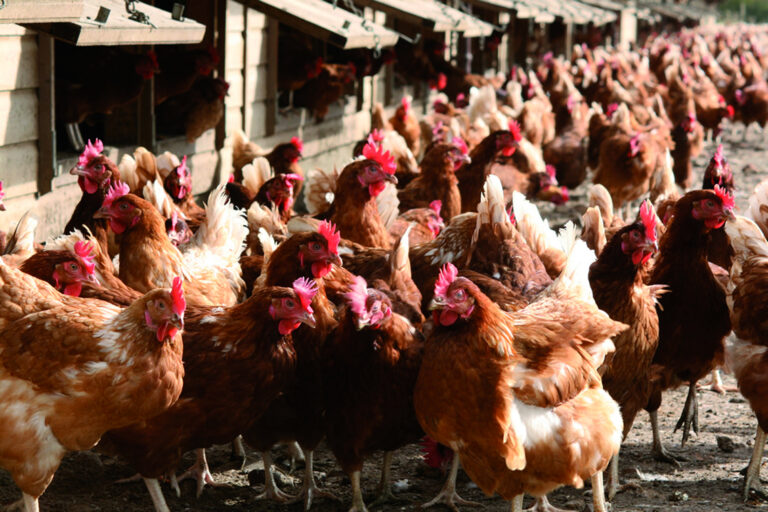The Avian Influenza Protection Zone covering Northern Ireland is being extended until 31 May 2017, the Department of Agriculture, Environment and Rural Affairs has confirmed.
Ahead of the implementation of the new Prevention Zone on Monday 1 May, Northern Ireland’s Chief Veterinary Officer Robert J Huey is reminding all bird keepers to remain vigilant. He said: “The risk of infection from wild birds is decreasing and is expected to continue to decrease in the coming weeks. The decision to extend the prevention zone until the end of May has been made following a recent veterinary risk assessment which concluded that there is still a risk of avian influenza to poultry through direct or indirect contact with wild birds, although the risk has decreased.
“I would continue therefore to strongly encourage all bird keepers to maintain compliance with the additional biosecurity mitigation measures previously introduced on 17 March 2017. The main critical control points remain prevention of fomite spread into poultry premises and stopping direct and indirect contact between wild birds and domestic poultry.”
The Chief Veterinary Officer also spoke of the importance of keepers remaining vigilant for signs for the disease and to continue to practice the very highest levels of biosecurity. He added: “It is essential that bird keepers comply with the biosecurity requirements set out in the declaration of the Prevention Zone if they are to minimise the risk of infection. Key to this will be ensuring that their birds are separated from wild birds when outside. Avian Influenza is a notifiable disease and any suspicion should be reported immediately to your local Divisional Veterinary Office.”
It is important that all bird keepers register their flocks. This ensures that they receive the latest information from the Department and also allows them to be contacted in an avian disease outbreak situation thereby enabling them to protect their flock at the earliest opportunity.
The declaration of the new Avian Influenza Prevention Zone as well as further guidance and answers to frequently asked questions are available now on the Department’s website.
Expert advice remains that the threat to public health from the virus is very low and consumers should not be concerned about eating eggs or poultry.
From 1 May, a phased approach to gatherings will be introduced which will allow shows to commence, initially with single demonstration flocks with the intention of allowing shows from the end of May subject to there being no further avian influenza suspects or outbreaks. Gatherings of pigeons, aviary birds and birds of prey can continue to take place. The conditions of the general licence for gatherings remain in place.
However, there continues to be a ban on gatherings (livestock fairs, auctions, shows or other events) of some species of birds until the end of May and this applies to those attending with bird species which are considered at higher risk of spreading avian influenza, including all poultry and game bird species, ducks, geese and swans.


